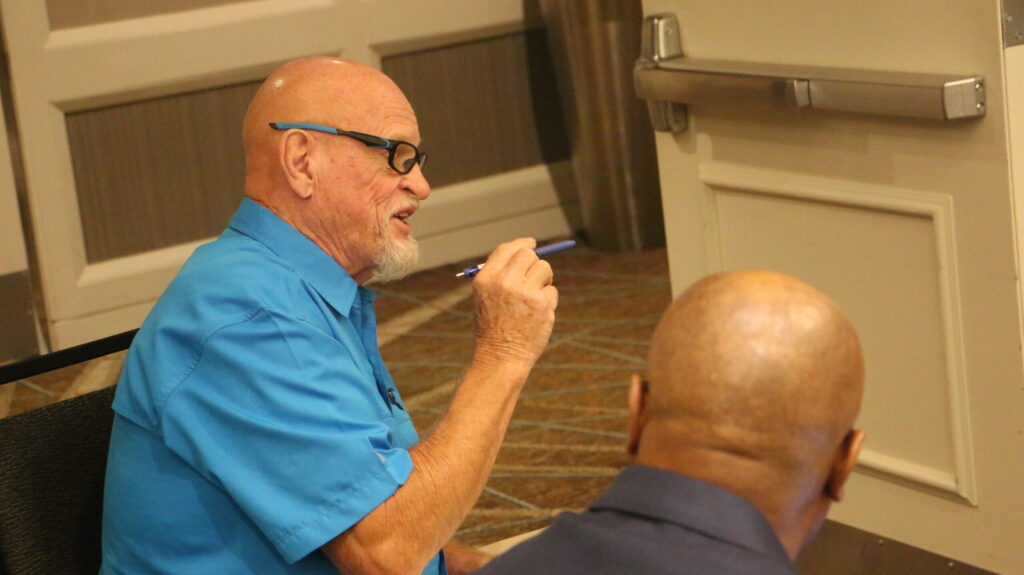by Attorney General Josh Stein | Spring 2024 Living Power Magazine

Relationships bring joy and connection—but unfortunately, scammers love to prey on other people’s hope and happiness. They are adept at using sweetheart scams to rob people of their hard-earned money. The “sweetheart scam” is one of the most widely utilized modes of preying upon a victim for financial gain. In 2020, the FBI’s Internet Crime Complaint Center (IC3) received reports from 6,817 elderly victims who experienced over $281 million in losses to confidence fraud and romance scams. In 2023, we received 71 sweetheart scam complaints representing more than $2.3 million in total losses.
People make new friends and and dates online—that is part of life in 2024. But if you’re connecting with someone online, be careful. The person on your screen might be an imposter. In sweetheart scams, scammers often pretend to be someone you already know or someone you’re likely to connect with because of their appearance or shared interests. They’ll use these connections to start to form a bond with you, but only to steal your money.
Often, the person will claim to live overseas and have a good reason for why they are unable to see you in person. They might say they are a US citizen, but they are stationed on an oil rig, a military base, or other convenient excuse. They are overly friendly and often quick to profess their love or admiration, and they’ll message you often and be very communicative.
They won’t ask you for money at first. They’ll wait a few months until they’ve established the relationship, and then they’ll tell you about a problem they’re having that prevents them from coming back to the country. They might be dealing with a medical emergency, have a family member with health issues, not be able to afford lights, or some other problem. Whatever the reason, it will require money to solve, and they’ll ask you to send it. They’ll make promises about visiting you and getting married once they have the money and can resolve their problem.
Have your guard up when you’re talking to people online
Try to verify who they are before you start communicating with them. Remember that if an online love interest ever asks you for money, it’s almost always a scam. And if they ask you to pay with a gift card, wire transfer, or through cryptocurrency, it’s certainly a scam. Don’t make that payment or investment.
Unfortunately, sweetheart scams can be a gateway to other scam attempts. If a scammer can get money from you once, they will likely try to get money from you again. It’s important to put a stop to these scams the moment you become concerned—talk to someone you trust before you send money, or call your bank or my office at 1-877-5-NO-SCAM.
Sweetheart scams can be especially cruel because they don’t just target your wallet—they target your heart. It might be hard to talk about being the victim of a scam because you’re dealing with grief and heartbreak, as well. But scammers try to target all of us, and there’s no reason to be embarrassed over the actions of a criminal. Let my office know if you think you or someone you know has been the victim of a sweetheart scam by calling us at 1-877-5-NO-SCAM or online at NCDOJ.gov/complaint.
Don’t let a scammer break your bank account or your heart.


